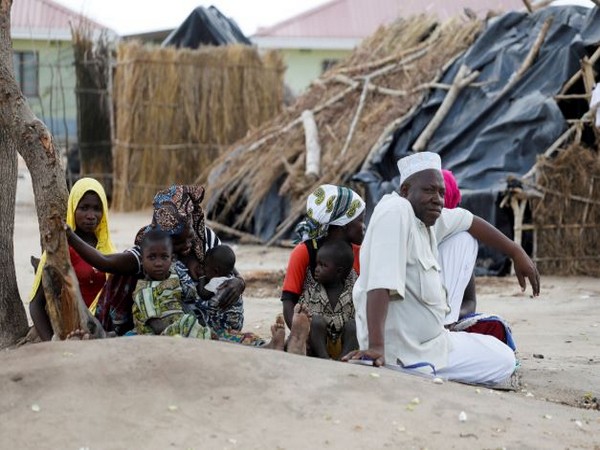Mozambique Takes Lead in UN Initiative to Enhance Early Warning Systems for Weather-Related Hazards
The President acknowledged the intensified challenges due to climate change, environmental degradation, and inadequate land management.

Mozambique is spearheading a crucial UN-led initiative aimed at safeguarding populations from weather-related hazards through improved early warning systems. On Thursday, President Filipe Jacinto Nyusi officially launched a national roadmap for the Early Warnings for All (EW4All) initiative, targeting completion by the end of 2027.
The EW4All initiative, introduced by UN Secretary-General António Guterres in March 2022, aims to achieve universal early warning coverage within five years. Mozambique's commitment to this initiative reflects its urgent need to address frequent natural disasters such as floods, cyclones, and droughts, which have a significant impact on the country’s infrastructure, economy, and communities.
"With our country frequently facing severe natural phenomena, the risks are evident," President Nyusi remarked. "These events lead to loss of life and extensive damage, affecting our society and economy."
Mozambique, located on the southeast coast of Africa, is regularly struck by tropical cyclones and related flooding. Over 60% of its population resides in low-lying coastal areas and relies heavily on rain-fed agriculture, exacerbating vulnerability to weather extremes.
The President acknowledged the intensified challenges due to climate change, environmental degradation, and inadequate land management. He praised the World Meteorological Organization (WMO) and Mozambique’s National Meteorological and Hydrological Service for their efforts and announced a major new investment to enhance weather and climate observation capabilities.
WMO Secretary General Celeste Saulo lauded Mozambique’s progress and highlighted the importance of early warnings. She pointed out the severe impacts of recent cyclones, including Tropical Cyclone Idai in March 2019, which resulted in 603 deaths and $3 billion in damages, and Cyclone Freddy in early 2023, which caused 183 deaths and $176 million in losses.
"Early warnings are vital for saving lives and reducing harm," Saulo said. "We must ensure that early warning systems are effective for everyone."
The EW4All initiative in Mozambique was officially launched in November 2023 and is being implemented with support from the National Institute for Disaster Management and the National Institute of Meteorology, along with collaboration from the National Communication Institute, the Mozambican Red Cross, and the UN Resident Coordinator’s office. The roadmap aims to integrate all aspects of meteorological data collection, forecasting, early warning systems, and climate adaptation planning into Mozambique’s development strategy.
However, challenges remain. Mozambique's National Institute of Meteorology has faced funding constraints and relies on governmental and international support for its observation network. Many of its stations do not meet the international WMO standard, the Global Basic Observing Network (GBON).
To address these gaps, a $7.8 million investment from the Systematic Observations Financing Facility (SOFF) will fund the installation of new land surface stations, upgrade existing ones, and establish upper-air stations. This investment is expected to align Mozambique with GBON standards and support the Government’s ‘One District, One Weather Station’ initiative.
The SOFF, a UN Fund supporting climate and weather data collection, will also aid Mozambique in recovering from the 2000 floods, which destroyed 75% of its monitoring stations. The investment is anticipated to significantly enhance the country’s meteorological and hydrological services, thereby improving forecasting and early warning systems.
Mozambique is among the first to enter the SOFF Investment phase, with the South African Weather Service providing peer advice and the UN World Food Programme (WFP) complementing efforts through its field presence and projects.
Additionally, the Climate Risk Early Warning Systems (CREWS) initiative has contributed to Mozambique’s resilience efforts, funding projects to establish early warning services in vulnerable countries. Following Cyclone Idai, a joint project by WMO and the World Bank supported Mozambique’s Disaster Risk Management Programme. A forthcoming CREWS Steering Committee meeting will discuss a $5.5 million follow-up project to expand early warning efforts in Mozambique and southern Africa.
Mozambique’s leadership in the EW4All initiative marks a significant step towards enhancing its disaster preparedness and resilience, ensuring that its people are better protected against the impacts of extreme weather events.










